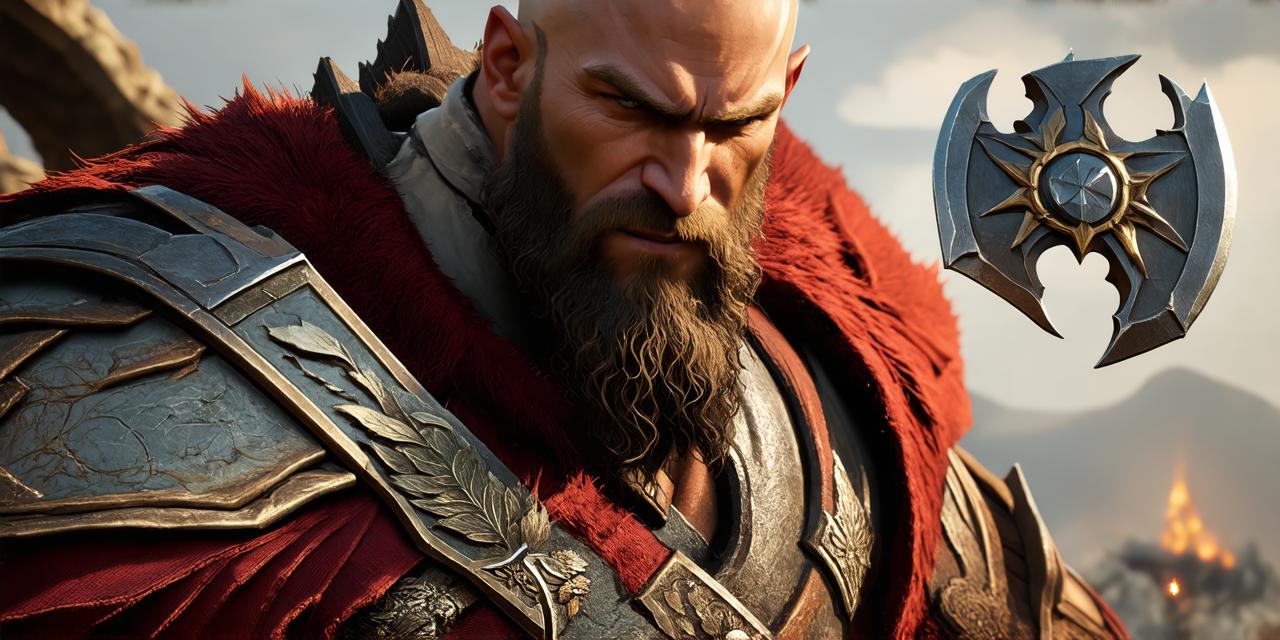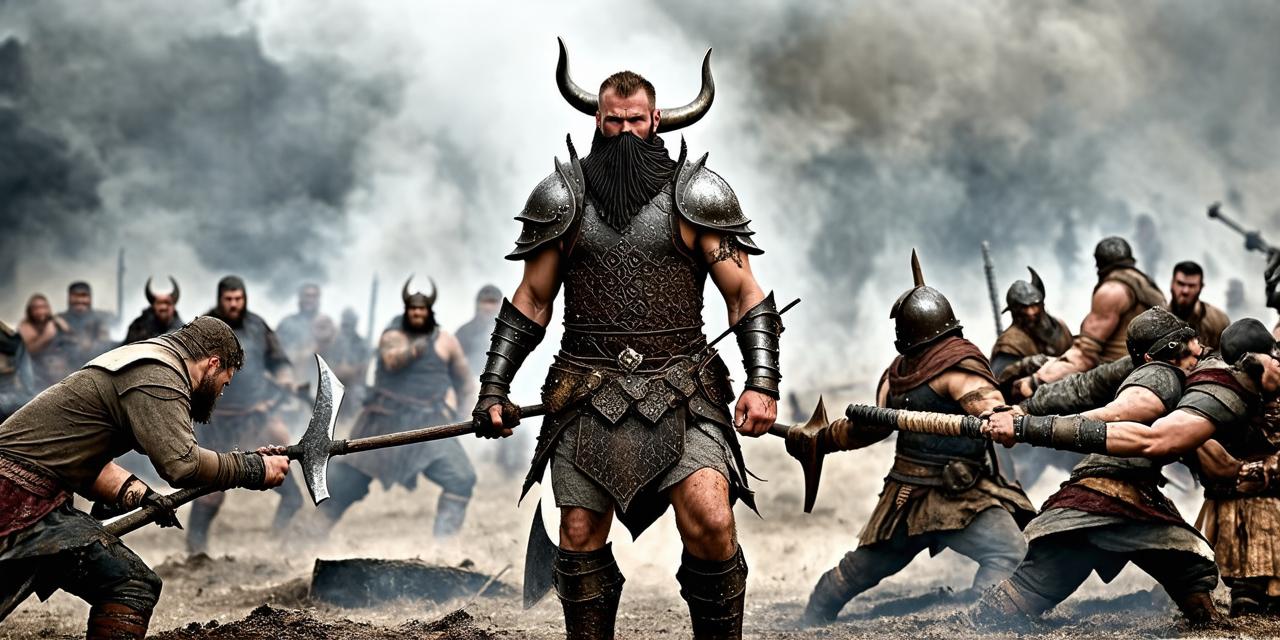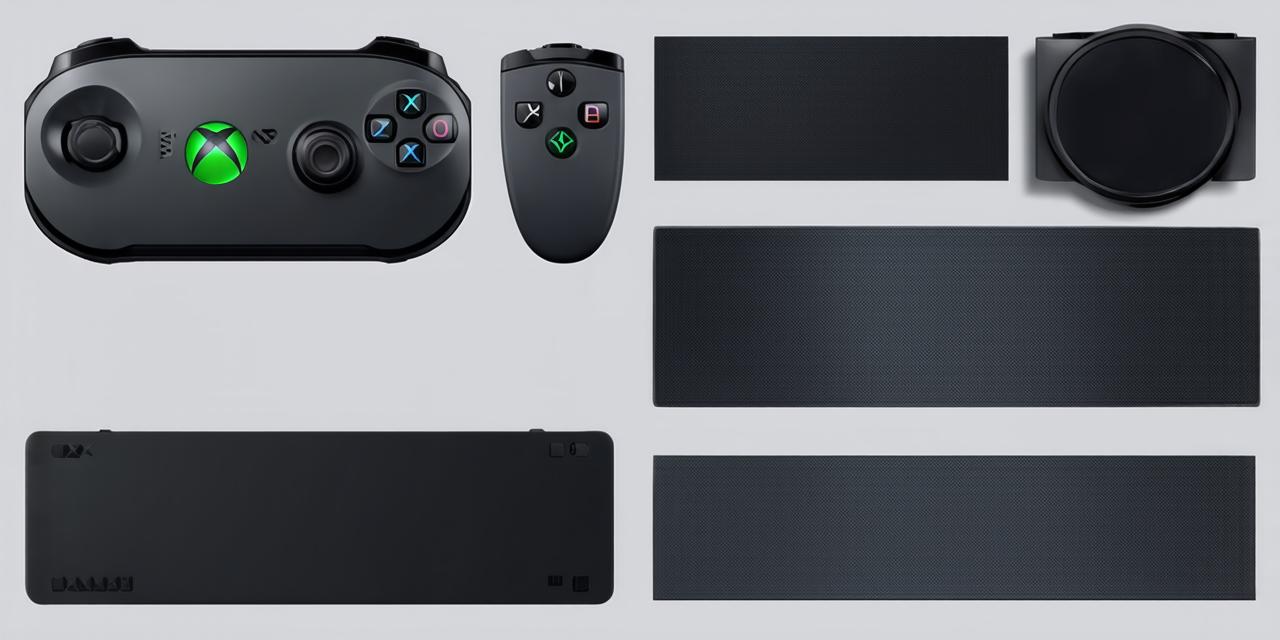Discover the Exciting Path of Game Development
What is Game Development?
Game development refers to the process of designing, creating, and testing video games. It involves a wide range of tasks such as programming, art design, music composition, and more. The ultimate goal of game development is to create engaging, immersive experiences that entertain and challenge players. With numerous roles within game development, each with its unique responsibilities and skills required, there is something for everyone who wants to be part of this exciting industry.
Roles in Game Development
- Game Designer: Game designers are responsible for creating the overall concept, mechanics, and rules of a game. They work closely with other members of the development team to ensure that the game is fun, challenging, and engaging for players. Their primary skills include creativity, problem-solving, and an ability to think strategically.
- Programmer: Programmers are responsible for writing the code that brings a game to life. They use programming languages such as C++, Python, and Java to create the game’s logic, controls, and visual effects. Their skills include proficiency in at least one programming language, strong problem-solving abilities, and attention to detail.
- Artist: Artists are responsible for creating the game’s assets, including characters, environments, and objects. They use tools such as Photoshop, 3D modeling software, and animation software to bring their designs to life. Their skills include artistic talent, creativity, and technical proficiency in using various design tools.
- Writer: Writers are responsible for creating the game’s story, dialogue, and other text-based content. They work closely with game designers and artists to ensure that the game’s narrative is engaging and cohesive. Their skills include strong writing abilities, an ability to think creatively, and an understanding of storytelling techniques.
- Producer: Producers are responsible for overseeing the entire game development process, from concept to release. They work closely with the development team to ensure that the game stays on schedule, within budget, and meets its quality standards. Their skills include project management, leadership, and strong communication abilities.
Tools and Techniques in Game Development
1. Unity 3D: Unity 3D is a popular game engine that allows developers to create games for multiple platforms, including PC, mobile, and console. It includes a wide range of tools and features for creating game assets, scripting, and animation. Developers who use Unity 3D need to have strong technical skills in programming and an understanding of game engines.
2. Unreal Engine: Unreal Engine is another popular game engine that offers powerful graphics rendering capabilities and advanced features such as physics simulation and AI integration. Developers who use Unreal Engine need to have a strong background in game development, particularly in art design and programming.
3. GameMaker Studio 2: GameMaker Studio 2 is a beginner-friendly game development platform that allows developers to create games using visual scripting and pre-built assets. It includes a wide range of tools for creating game logic, animation, and graphics. Developers who use GameMaker Studio 2 need to have strong technical skills in programming and an understanding of game development tools.
4. Scrum Framework: Scrum is an agile project management framework that is commonly used in game development. It emphasizes collaboration, flexibility, and continuous improvement, allowing teams to quickly adapt to changing requirements and priorities. Developers who use Scrum need to have strong communication skills and the ability to work effectively in a team environment.
Skills Needed for Success in Game Development
- Technical Skills: To be successful in game development, you will need strong technical skills in programming, art design, and other related fields. You should also have a good understanding of game engines and tools. Additionally, developers should possess strong problem-solving abilities, attention to detail, and the ability to learn new technologies quickly.
- Creativity: Game development requires a lot of creativity to come up with new and innovative ideas for games. Developers should have a passion for gaming and be able to think outside the box to create unique and engaging experiences. They should also be willing to take risks and try new approaches to game design.


